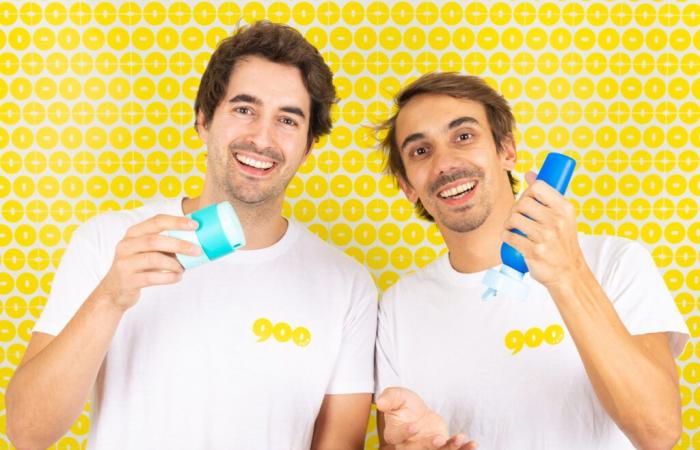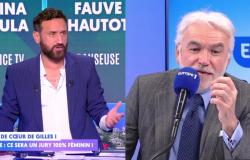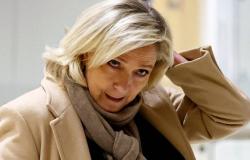This Friday, November 29, is “Black Friday”! Imported from the United States, this day of mega-promotions is designed to encourage consumers to let loose in preparation for the festive season. However, this large-scale marketing operation contributes to necessarily necessary purchases which violently heat up the global logistics machine and waste, thus contributing to polluting a planet which really does not need it at the moment.
In this context, 20 French circular economy startups have joined forces in an operation called “Share Friday”. The goal: to show that we can “consume differently” by offering discounts on services that preserve the planet. “By adopting these habits, you are helping to build a world where sharing resources becomes the norm. Join the movement now and be at the forefront of more humane and sustainable consumption.affirm the participating young shoots.
Focus on three French startups which participated in this initiative to prove that it is possible to consume better without breaking the bank.
900.care, the brand that wants to reinvent cosmetics
Born under the leadership of Aymeric Grange and Thomas Arnaudo, the French startup 900.care was created in 2020 based on the observation that classic shower gels, shampoos or detergents all contain 90% water. Consequently, Aymeric Grange and his team decided to market refillable products in the form of a subscription (shower gels, shampoos, toothpaste, deodorant, laundry detergent, dishwashing liquid, etc.), focusing only on the 10% of the product. asset necessary for their use.
With its approach, the young cosmetics brand currently boasts 230,000 active subscriptions in France and claims to have avoided the waste of a million liters of water and 4 million plastic waste. It indicates having achieved a turnover of more than 10 million euros in 2023 and is aiming for profitability by the end of 2024, but the company wants to think bigger quickly. And for good reason, 900.care hopes to cross the milestone of 100 million euros in revenue within three years. In this context, the company wants to accelerate its expansion in Europe, an objective for which it raised 21 million euros at the start of the year.
Bene Bono, specialist in anti-waste organic shopping
Today, food waste is a scourge which represents an annual cost of 16 billion euros and 10 million tonnes of products per year thrown in the trash each year in France alone. To change the situation, the foodtech Bene Bono was created in spring 2020 to buy, from a network of 350 organic producers and 150 manufacturers, products, particularly fruits and vegetables, which would be refused by traditional channels. distribution, for aesthetic or logistical reasons, and thus offer them directly to consumers to give them a second chance.
According to the startup, its approach allowed it to attract 30,000 active customers in 2023, compared to 10,000 a year earlier. It must be said that in times of high inflation which is suffocating the purchasing power of the French, this solution logically arouses interest. The company claims that its service allowed its customers to save 200 euros on average over the year. Not insignificant as the end-of-year holidays loom on the horizon. The company raised 10 million euros last March to test itself internationally.
Geev, to combine responsible consumption and savings
Rather than throwing away the items that are gathering dust in your cupboards, you might as well allow other people to collect them. This is Geev's approach, which wants to facilitate the donation of objects between individuals. Since its creation in 2016, nearly 28 million donations of objects and food products have been made by 5.6 million users, always close to home.
At the start of the year, the Bordeaux company raised 4.5 million euros to open up to retail professionals to allow them to give away or sell products at reduced prices. After experimenting with the concept with around twenty companies in its home region of Gironde, the startup is forming partnerships with major players in the distribution sector. The fundraising will make it possible to recruit 10 to 15 people within 24 months to strengthen this area of development.






